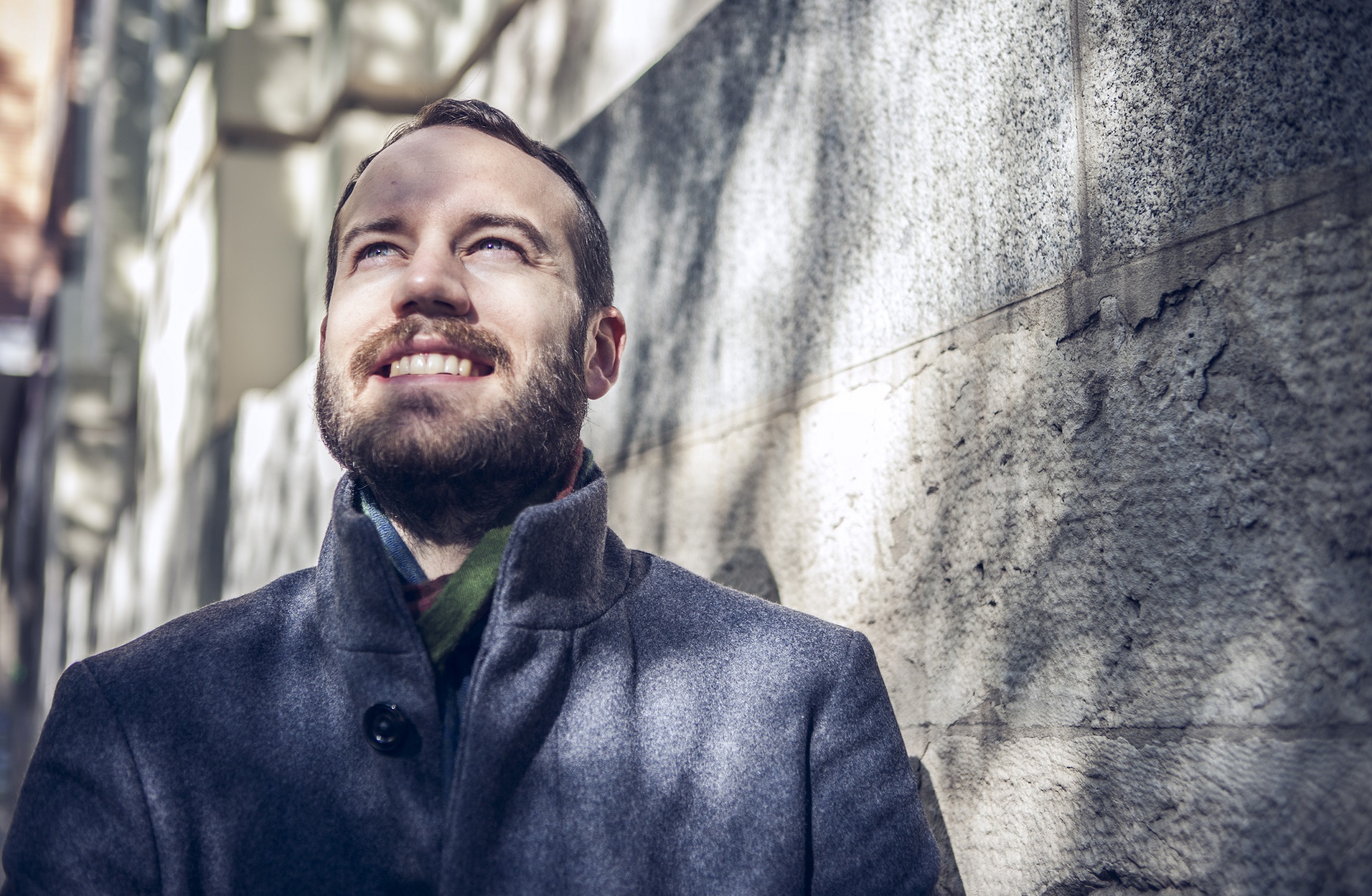‘Don’t be afraid to go back to academia’
Timo Gerres has interspersed his academic career with periods working in industry. Now in the final stages of his PhD, it is time for the next step. Continue his research or return to industry to put his academic insights to practice?
Timo Gerres first came to the Netherlands for an internship with Eurodev, just across the border in the Netherlands. “My job with the industry division was helping US companies to get a foothold in Europe. I enjoyed working with my Dutch colleagues. They are very straightforward, and the atmosphere is less hierarchical than in Germany. That suits my character.”
After his first step into the business life, in a pattern that was to repeat itself, he embarked on a Master’s degree in SEPAM (System Engineering, Policy Analysis and Management, now known as CoSEM) Complex Systems Engineering and Management at TU Delft’s TPM Faculty. “In Almelo I had worked with oil refineries, the dirty side of the energy sector so to speak. Now, at TPM we were looking at renewable energy from a systems perspective. How do you integrate fluctuating renewable energy sources to the electricity system? How do you create investor interest in new technologies? And how can government regulation stimulate this? Those kind of questions really sparked my interest.”
After working for a few years on offshore wind projects at TenneT in Germany, he is now a PhD researcher at the Institute for Research in Technology (IIT) at the Comillas Pontifical University in Madrid. There, he has turned his attention to the next-level challenge: the decarbonisation of (heavy) industry and its effect on our energy systems, “Many people don’t realise that for every tonne of cement produced, you emit roughly one tonne of CO2, not only because of fossil fuels being burned, but also due to the chemical reaction taking place inside the kiln.”
Staying in touch
Throughout the years, Gerres has stayed in touch with TU Delft “On the personal side, I have a circle of friends dating back to my years in Delft. Normally we see each other at least once a year, but corona has temporarily put a stop to that”, he says. “I also have met a lot of alumni professionally. As it happens, when I applied for my current position, I got interviewed and hired by an ex-colleague from Delft. One of the reasons I ended up in Spain is that we knew the same people. My current boss is also an alumnus. Our links at academic level remain also quite strong. We collaborate well, and we also recruit from TU Delft.”
Gerres has also been a loyal visitor of alumni events, both from the Dutch Engineers Alumni Network (DEAN), where he made good friends among alumni from both Eindhoven and Delft. It was at the first DEAN event in Madrid that he met Janneke Hermans from the University Fund Delft, who was looking for volunteers to organise future events. Timo happily volunteered. “I have been organising these events-in-a-box twice a year since then. You get a box containing traditional Dutch treats like ‘pepernoten’, but also things like games you can play to break the ice. It creates a nice atmosphere and you always get to meet new people.” In the past year, Gerres has also been an occasional coach at the online Career Cafés, set up by Alumni Relations and the Career Centre. Here, alumni share their experiences in the job market and coach students and recent graduates.
Life after PhD
Three and a half years into his PhD, he is thinking about a next step. “I have to decide soon. It is a bit of a dilemma: on the one hand, there are still a lot of loose ends I want to tie up and the IIT is great place to work. We do a lot of technical consulting projects and additional work on academic projects, and that really suits me. On the other hand, maybe I will return to industry, to put in practice what I have been researching”, he ponders. “In academia you sometimes live in an ivory tower. That is a nice place to be to understand the greater picture, but if you sit up there too long, you lose touch with the real world. However, you should never be afraid to return to academia if there are open questions in your field of work, because academia is the ideal place to find the answers. I would encourage everybody who has worked in industry for a couple of years to reflect on that from time to time.”
Read the longer article on the website: alumni.tudelft.nl
Are you inspired by this story? And do you want to explore the possibilities to explore involvement in TU Delft? We would like to get in touch with you. Send an e-mail to alumnirelations@tudelft.nl.
